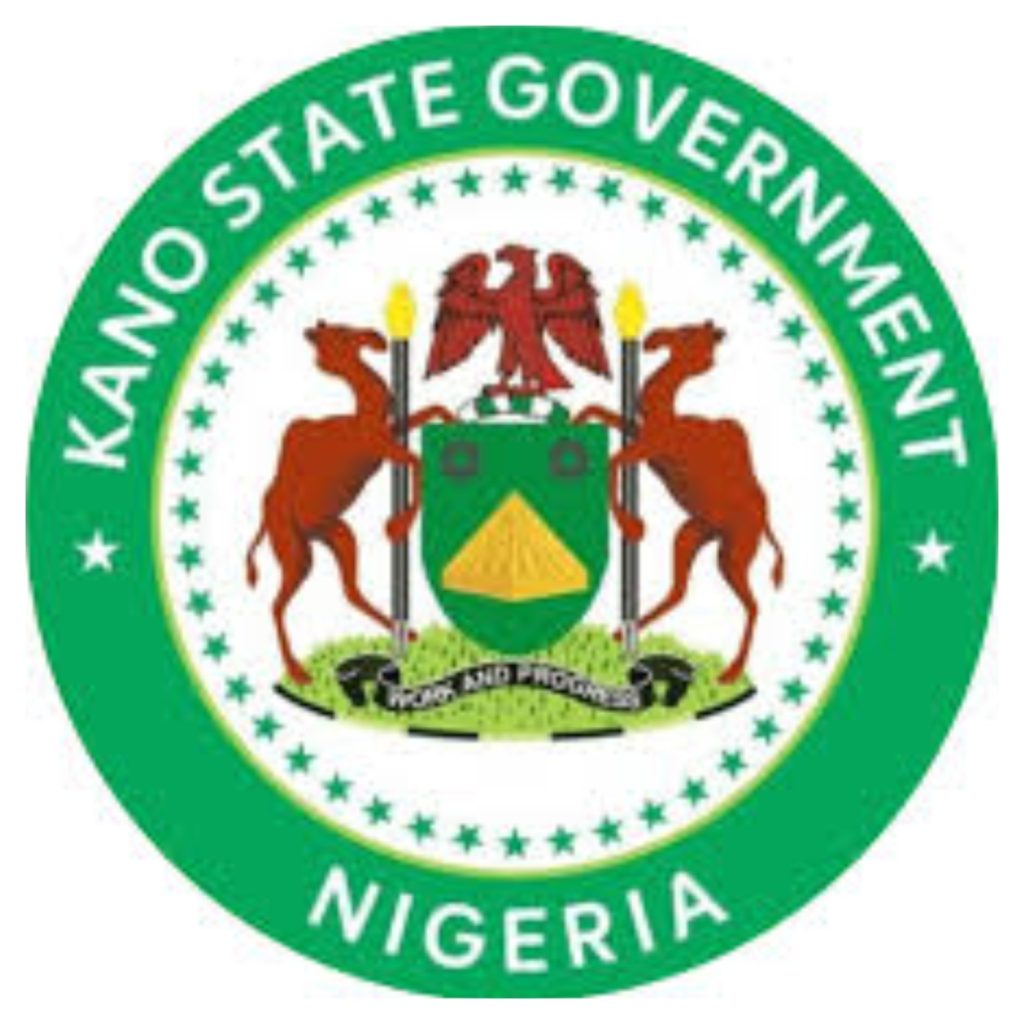Nigeria’s recently enacted tax reforms risk falling short of their goals unless systemic corruption and inequities are urgently addressed, a leading academic has warned. John Uzoma Ihedinihu, a professor of accounting and taxation at Michael Okpara University of Agriculture, Umudike, emphasized during the institution’s 62nd inaugural lecture that while the new policies aim to reduce burdens on low-income citizens, past failures underscore the importance of transparent execution.
Speaking to an audience of academics and policymakers, Ihedinihu acknowledged the potential of President Bola Tinubu’s tax legislation to recalibrate Nigeria’s fiscal landscape. However, he stressed that entrenched issues—including mismanagement of public funds, weak infrastructure, and public distrust—could derail progress. “Previous administrations rolled out similar reforms, but poor implementation stifled their impact,” he said, adding that corruption within tax institutions often discourages voluntary compliance.
The professor pointed to historical patterns where tax revenues were diverted from critical public services, eroding citizens’ willingness to contribute. “Reforms will remain mere ideas on paper unless matched by accountability,” he warned, urging authorities to prioritize equitable access to education, healthcare, and infrastructure to rebuild public confidence. “When taxpayers see their money translating to tangible benefits, compliance improves,” he noted.
His remarks resonated with broader concerns about Nigeria’s struggle to curb tax evasion, particularly among self-employed individuals and small businesses. Ihedinihu cautioned that tightening enforcement without addressing grievances over mismanagement could exacerbate noncompliance. “The government must lead by example—ensuring collected taxes serve the public good,” he said.
Supporting this view, Maduebibisi Ofo Iwe, the university’s vice-chancellor, highlighted the transformative power of effective taxation during his closing address. “A functional tax system isn’t just about revenue—it’s a cornerstone of national development,” he stated, calling for synergy between policy design and grassroots needs.
The event underscored a growing consensus among experts: Nigeria’s latest reforms, though well-intentioned, hinge on dismantling systemic barriers that have long plagued fiscal governance. With global attention on Africa’s largest economy, the stakes for transparent implementation—and its implications for social equity—are higher than ever.



